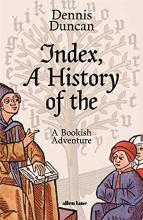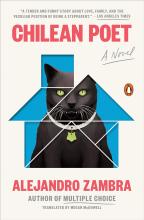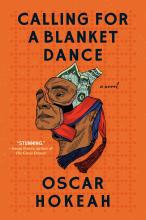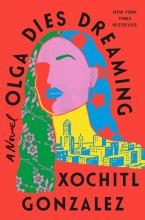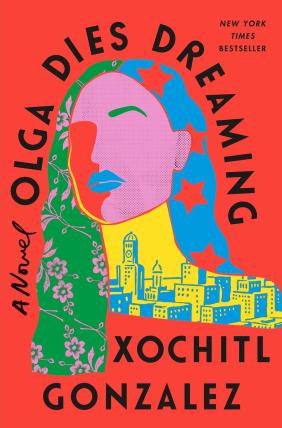This fall English Matters has the pleasure of introducing you to four new reading recommenders, recruited from the ranks of our newest faculty. Freshly minted professors Chris Holstrom, Jonathan Issac, Jonathan Radocay, and Alex Ramos are here to say hello to you, the English Department’s greater community, via sharing some of their favorite books. English Matters thanks our new faculty for contributing to our readerly alumni’s winter shelves, and thanks our alumni for perhaps giving our new professors’ recommended books a whirl. So yep, a win-win proposition to be sure – warm hellos and good reading all around!
Professor Chris Holstrom recommends Dennis Duncan’s Index, a History of the: A Bookish Adventure from Medieval Manuscripts to the Digital Age "The inverted heading in the title gives you a clue about how this book playfully details the history of back-of-the-book indexes, the people who create them, and the ways that technology has changed—and not changed—indexing. The book begins with fundamental technologies that we take for granted, like alphabetical order and page numbers (both of which are essential to book indexing), and it moves forward in history all the way to modern web search indexes. While this book is relevant to my research, I enjoyed it and recommend it because it is a fun and accessible read for the vast majority of people who hardly think of book indexes, because it humorously details many feuds and grudges that played out in index entries, and because it has an excellent human-made index—and a terrible machine-generated index—in its back pages.”
Professor Jonathan Isaac recommends Chilean Poet: A Novel by Alejandro Zambra. “Chilean Poet takes as its subject matter—you guessed it—Chilean poets. It is a multi-generational story of a stepfather and stepson, one who teaches and clumsily writes poetry and the other who aspires to it. I laughed out loud at its intentionally bad poetry, as well as at its narrator who breaks the fourth wall to deliver painfully honest reviews of said poetry. But it’s also a charming portrayal of a (at-times) softened masculinity and of men and their relationships to their families—the good and the bad, chosen and not, through blood and through marriage.”
Professor Jonathan Radocay recommends Calling for a Blanket Dance by Oscar Hokeah (Cherokee Nation/Kiowa Tribe of Oklahoma/Mexican). “This novel tells the story of Ever Geimausaddle, a Kiowa, Cherokee, and Mexican man, through a series of narrators who are his kin—generations of family members who have watched him grow up and who all offer their own perspectives on his identity and his life’s direction as he grows up. This quilt of storytellers allows the novel to tell a coming-of-age story through the interconnected branches of Ever’s family tree, which is included at the beginning of the novel. And that’s ultimately what I love about this book: it places kinship connections—and the strength they can provide—at the heart of its story. In doing so, it explores the intergenerational entanglements of love, community, and trauma that are often a part of contemporary Indigenous life.”
Professor Alexandria Ramos recommends Olga Dies Dreaming, a novel by Xochitl Gonzalez. “I fell in love with this novel this summer–I read it while taking breaks from finishing my dissertation. Olga Dies Dreaming is a beautiful story that follows Nuyorican siblings Olga and Prieto Acevedo living in Brooklyn, NY. Olga is a wedding planner who has attained economic upward mobility and Prieto is a politician representing Sunset Park (a neighborhood populated by working class and immigrant folks); they both measure their life choices against the yardstick of their parents’ activist legacies. Though both parents were involved in local community organizing with the Young Lords, their mother Blanca leaves the family to go underground with a militant group fighting for Puerto Rican independence. When Prieto becomes involved with grassroots recovery efforts in Puerto Rico following Hurricane Maria, Blanca’s re-emergence in their lives forces a reckoning. This book has it all–feminist politics, nostalgia for the movement era, and critiques of colonialism in Puerto Rico and gentrification in New York City.”
